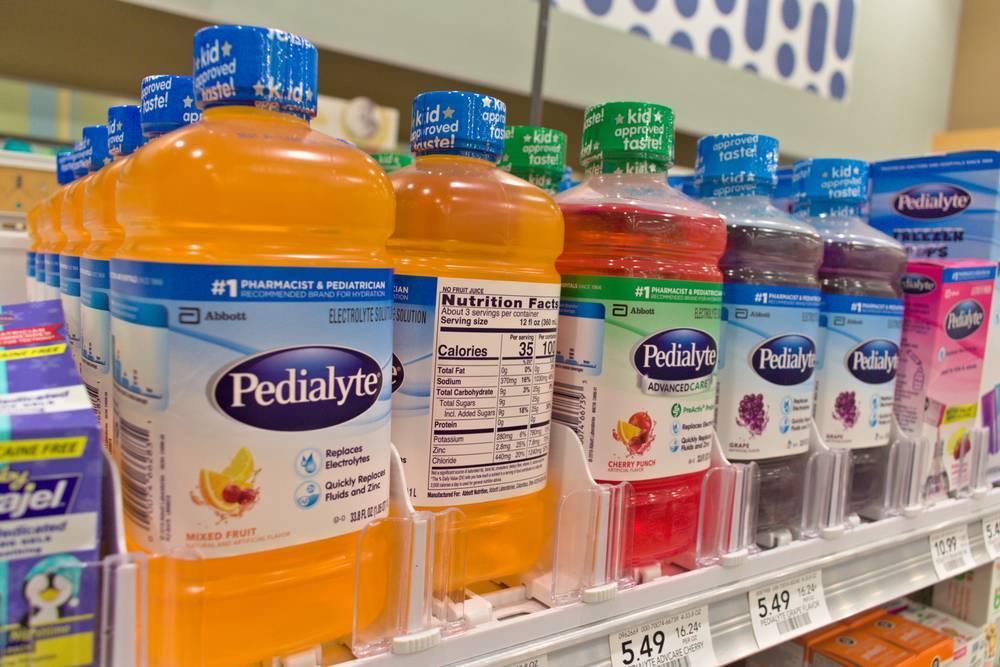As the world gradually emerges from the grip of the COVID-19 pandemic, nightlife in cities like Singapore is returning to its bustling self. However, an unforeseen development accompanying this resurgence is the increasing popularity of hangover supplements.
Singapore-based firm DrinkAid reporting over 1.5 million sales of such anti-hangover pills since 2020. Therefore, this trend warrants closer examination, particularly from a medical and health perspective.
An Unprecedented Uptake
The uptake of hangover supplements began relatively slowly due to the pandemic-related restrictions, which limited social gatherings. However, according to DrinkAid co-founder Solomon Poon, sales skyrocketed once the government completely lifted these limitations. The increase in sales coincided with the return of events like weddings and corporate gatherings, providing a boost to the company’s marketing efforts.
The demand for these products seems driven by consumers’ desire to prevent the unwelcome effects of a hangover. Users such as Eugene Ling, a creative director, use these products to ensure they can function normally at work the day after an evening of social drinking. The products claim to increase alcohol tolerance, reduce discomfort, and alleviate symptoms like “Asian Flush”.
Health Authorities Weigh In
However, health authorities like Singapore’s Health Sciences Authority (HSA) caution against these claims. According to HSA, there is no single medication capable of alleviating the entire range of hangover symptoms, which include dehydration, lethargy, headache, and vomiting. Additionally, these products are not allowed to claim to prevent or relieve hangovers in their marketing materials.
Dangers of Over-Drinking and False Security
Despite these warnings, the popularity of hangover supplements persists, raising significant concerns among health professionals and analysts. Some worry that these products may provide users with a false sense of security. This could lead to reckless behaviour such as over-drinking or operating machinery while under the influence of alcohol.
Professor Sharon Ng from the Nanyang Technological University’s Nanyang Business School voiced this concern, cautioning that these pills could “lead to over-drinking.” Similarly, Dr Andrew Fang, a family physician from Doctor Anywhere, warned that the relief provided by these supplements typically only addresses immediate symptoms. They do not negate the negative long-term effects of alcohol consumption, such as liver inflammation, gastritis, and obesity.
Responsible Drinking: More Critical Than Ever
In the face of the growing popularity of hangover supplements, it’s more important than ever to highlight the principles of responsible drinking. Hydration and rest remain crucial after a night of heavy drinking. Even as companies like DrinkAid provide disclaimers and reminders about responsible drinking on their packaging, they acknowledge that the potential health effects of excessive drinking can’t be mitigated by anti-hangover products.
The Bigger Picture: Alarming Statistics
The World Health Organization reports that harmful alcohol consumption causes 3.3 million deaths each year globally. In Asia, alcohol consumption and associated health issues are rising alarmingly. A study published in The Lancet in 2018 revealed a staggering 104% increase in alcohol use in Southeast Asia between 1990 and 2017.
These statistics serve as a stark reminder of the need to manage this trend responsibly. Healthcare professionals and authorities will need to monitor this growth and ensure that it doesn’t contribute to increased harmful alcohol consumption.
Conclusion: A Balanced Approach
In conclusion, hangover supplements might seem like a convenient solution for avid social drinkers. However, they are not an antidote to the potential health issues associated with excessive alcohol consumption. Users of these products must stay informed about their potential

